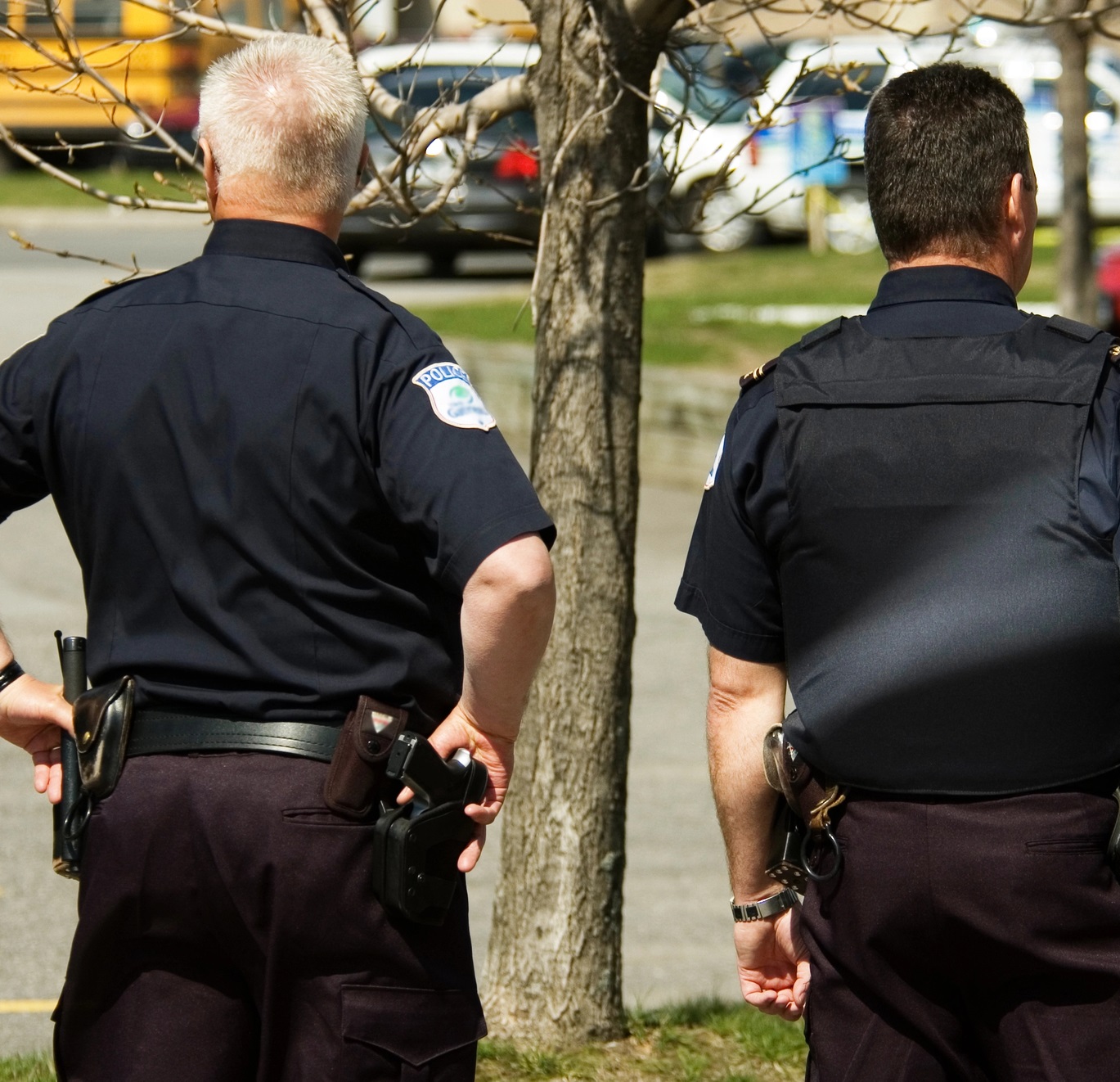Wicklander-Zulawaski provides on-site training seminars to local, state, and federal law enforcement agencies. All WZ training seminars focus on ethical, science-backed investigative interview techniques built on proven results. WZ conducts over 500 standard and customized training seminars each year.
For a training coordinator or other decision-maker, coming to WZ for your department’s interview training needs is an easy choice that yields positive results for departments, practitioners, and their communities. Contact us today to explore options for hosting or co-sponsoring a seminar.
Criminal Level I – WZ Seminar on Investigative Interviewing Techniques
A three-day IADLEST-certified programWhen your community is counting on you, you need information that you can trust. Law enforcement professionals and first responders worldwide know that they can rely on Wicklander-Zulawski’s interview methods to obtain the truth when potential life-changing events come into question. This is why WZ is committed to providing effective, innovative, evidence-based law enforcement training.
The 3-day Criminal Level I – WZ Seminar on Investigative Interviewing Techniques is designed to teach and reinforce the sound fundamentals of the interview process for the investigator, homicide detective, major crimes task force member, coroner, medical examiner, special agent, or other law enforcement professional.
Instruction includes a comprehensive overview of a variety of non-confrontational interview techniques to obtain actionable information from witnesses, suspects, and victims. The student will learn to project empathy, manage resistance, and assess credibility. Videos of actual investigative interviews will be presented, analyzed, and discussed.

Topics include
- Choosing the Best Interview Strategy
- The Right Way to Think About Behavior Cues
- Building Rapport and Maintaining Empathy
- Effective Fact-Gathering
- Obtaining a Written or Recorded Statement
Criminal Level II Workshop
An opportunity to apply knowledge, skills, and abilities acquired to real-world practical problemsThe Criminal Level II Advanced Interviewing Techniques Workshop is designed to provide those who have completed any version of our Level 1 Investigative Interviewing Training Programs with the opportunity to hone their skills in a risk-free, collaborative environment. It is comprised of a single, complex continuing case scenario.
Working in small groups, participants will conduct an investigation from the initial complaint to its full conclusion and disposition.
Learning outcomes include
- Developing an Interview Strategy
- Building and Maintaining Rapport
- Structuring an Empathy Statement
- Conducting a Participatory Interview
- Practicing the WZ Interview Method
- Assessing and Presenting FIndings

Tactical Field Interviewing
Interview skills for first respondersField interviews can be the first chance to gain actionable information, but often occur during times of high emotions and nearby distractions. This training program will focus on evidence-based rapport-building techniques, with an emphasis on de-escalation and communication skills. Participants will learn how to conduct more effective field interviews and investigations, resulting in more actionable intelligence, while maintaining professionalism and building trust with members of the community.
Learning outcomes include:
- Tactical Interview Concepts
- Maintaining Officer Safety
- Cognitive Interview Skills
- Reducing Resistance

Opioid Overdose Investigations
Vital information to protect your community and yourselfThe opioid epidemic has affected people in all corners of the country from all walks of life. The first step toward investigating cases involving opioid drugs is to be informed on their use and safety. This seminar leads participants along every step of their investigation, from the crime scene to the courtroom.
Learning outcomes include:
- Varieties of Opioid Drugs
- Crime Scene Safety
- How to Determine Criminality
- Preparing a Case
- Giving Testimony

Internal Affairs Investigations
Conduct department reviews with diligence and dignityConducting an internal affairs investigation can lead to stressful situations for the investigator, the department, and the interview subjects alike. The strategies in this seminar give investigators the tools they need to conduct a review process built on integrity and respect.
Learning outcomes include:
- Types of Internal Investigations
- Keeping Rapport
- Elements of an Internal Interview
- Participatory Method
- Presenting Findings

Lead Homicide Investigators
An interactive lecture on leading a homicide caseThe Lead Homicide Investigators course features interactive lectures and discussions of actual case histories, videos, and laws specific to homicide investigations. This comprehensive seminar provides instruction in conducting investigations and prosecuting death cases from the start of the investigation through evidence collection, suspect interviews, press conferences, trial testimony, and ultimately conviction.
Learning outcomes include:
- Leading a Crime Scene
- Autopsy and Cause of Death
- News and Media
- Leading a Task Force
- Being Trauma-Informed
- Court Preparation

Crimes Against Children
Learn how to handle these sensitive casesInterviewing suspects of child abuse are among the most difficult interview you will conduct. The topic is complex and emotionally charged. This training course offers law enforcement and child protection agency professionals a broad range of modern methods and proprietary tools to conduct more effective interviews when investigating child assault cases.
Learning outcomes include:
- Recognizing the Effects of Trauma
- Cognitive Interview Techniques
- Empathy Burnout and Self-care
- Dangers of False Confessions
I can honestly say, it’s the best class I have ever attended. I have been applying the techniques a lot since and have been successful 14 out of 16 times now in getting a confession.

We know your time is valuable, and that fitting training into your schedule isn’t always easy. So WZ has a variety of options for you to take advantage of. You can contract an onsite-training for your department, attend an open-registration or co-sponsored course, or even take advantage of our convenient virtual classroom for remote learning.
Investigations require adaptability and the WZ course provides interviewers with multiple approaches and flexibility for the types of conversations they are tasked with. These non-confrontational approaches rely on the development of rapport and the strategic use of evidence creating a more positive interaction with interviewees.
Research has shown that one of the best ways to learn is to do. Our philosophy for retention is three-pronged: teach, watch, execute. We build enough time into this training program to ensure we cover strategies in detail, demonstrate them through real case videos conducted by WZ investigators, and then guide attendees in the practice and application of those techniques.
Not necessarily. The concept of universal body language indicating deception is, unfortunately, a bit of an old wive’s tale. Guilt, anxiety, shame, fear of disbelief could all be triggers for the same behavior. What you will learn is how to recognize changes to a subject’s baseline behavior that may indicate sources of tension, and the best ways to explore those topics and determine their importance.
The FlexPlan allows you to transfer your paid registration(s) to another in-person or virtual training course of your choice, completely free of charge. FlexPlan was created to provide you with alternative options should an in-person training program be canceled due to COVID-19 or other related government action. If you cannot attend, delegate substitutions are permitted at any time up to and including the first day of the seminar.

